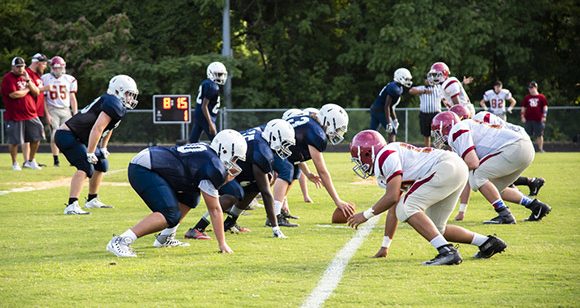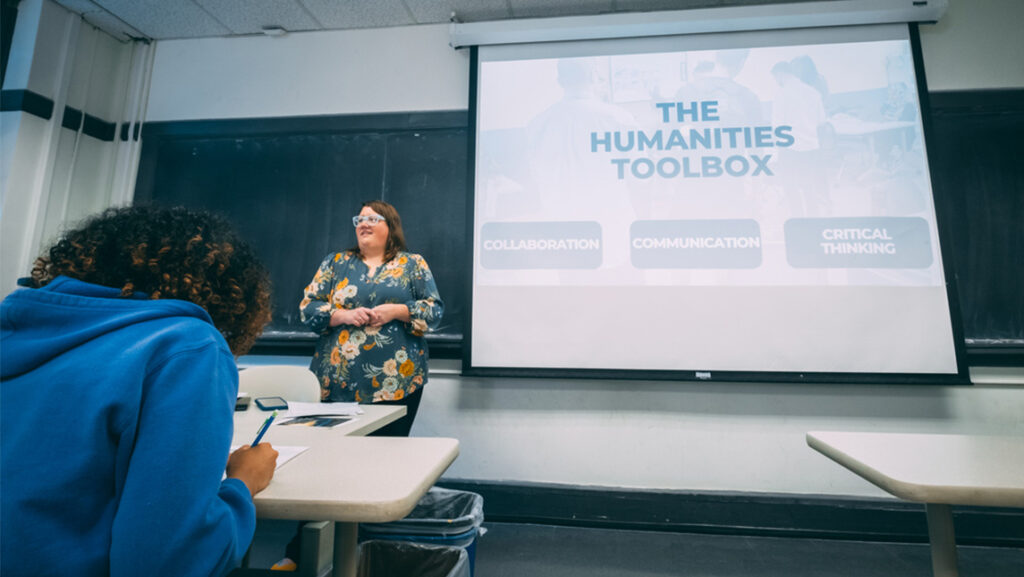Repost from UNCGNow
Sport-related concussions (SRC) have become a public health crisis, and one that is flooding the headlines.
Former football players are beginning to speak out due to the growing concern of chronic traumatic encephalopathy, or CTE. Youth soccer has banned heading the ball. And sports leagues across the country are beginning to take concussion protocol even more seriously.
It’s not just the estimated number of sport-related traumatic brain injury (TBI) occurrences that are of concern. It’s how they are – or are not – being reported. It’s estimated that between 12 and 60 percent of athletes delay seeking care. When athletes don’t seek care, the brain doesn’t have a chance to heal. And when an athlete’s brain is injured, the athlete is vulnerable to subsequent head injuries and other non-brain-related injuries.
In 2016, UNCG public health education professors Dr. Jeff Milroy and Dr. David Wyrick were awarded $400,000 by the NCAA-Department of Defense Mind Matters Challenge to investigate this issue of SRC reporting by student-athletes.
Now in the third and final year of the study, here’s what they’ve found:
- An athlete’s positive attitudes and outcome expectancies, normative perceptions and self-efficacy to report are important factors when it comes to reporting their concussion symptoms.
- Communication from coaches matters – when athletes report that they have received concussion-related messages from their coaches that specifically support symptom disclosure, athletes are more likely to disclose their symptoms.
- Female student-athletes are more likely to disclose symptoms to a coach or athletic trainer, as well as encourage others to do the same.
- Students are more likely to disclose symptoms during the off-season.
“We’ve found that for student-athletes, these factors play a significant role in their concussion disclosure intentions and behaviors,” Milroy said. “For example, if student-athletes perceive that their coaches and other athletes expect them to tough it out, that’s what they’re likely to do. If they believe others approve disclosing concussion symptoms, then they’re more likely to report symptoms and get the treatment they need.”
Milroy and Wyrick’s team are beginning to shift their focus to another group that plays a significant role in the lives of young athletes: parents. The researchers are specifically interested in the role of parents in youth sports. They hypothesize that, similar to coaches, if parents have positive attitudes around concussion reporting, it’s more likely their children will too.
Currently, the research team’s grant application is under review. They hope to start work with this new population next spring or fall, and ultimately, the work would lead to a media-based intervention for athletes, parents and coaches.
“I think there are a lot of variables at play in this parent-child relationship,” said Milroy. “These are some of the things we are hoping to dig into a little more.”
Repost from UNCGNow
Story by Alyssa Bedrosian, University Communications
Photography by Jiyoung Park, University Communications



